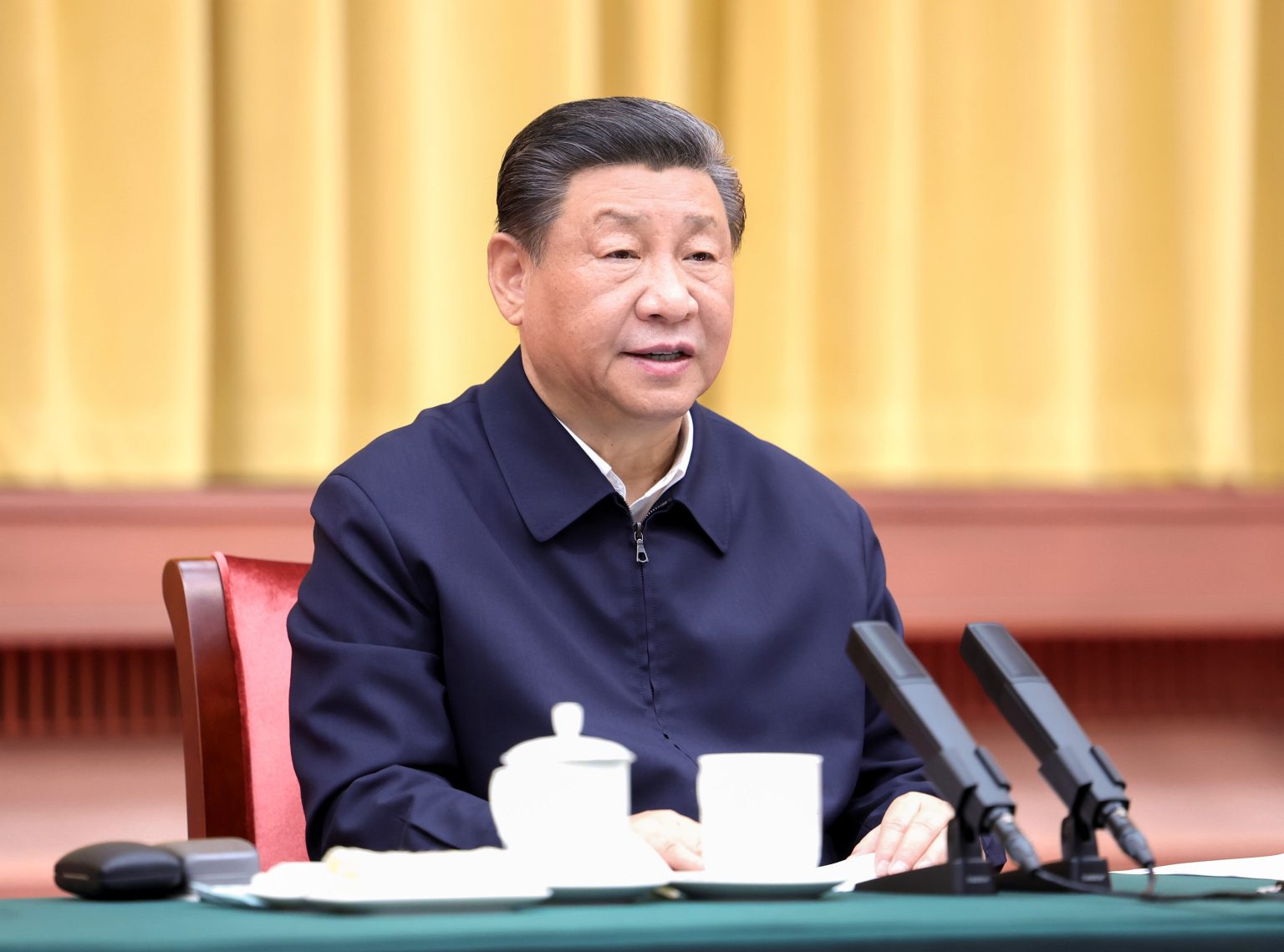Chinese leader Xi Jinping has outlined four key principles to achieve peace between Russia and Ukraine during a meeting with German Chancellor Olaf Scholz. Xi emphasized the importance of all countries involved committing to restoring peace to prevent further escalation of the conflict. He also stressed the need to focus on peace and stability rather than selfish gains, cool down the situation in Ukraine, establish conditions for peace restoration, and reduce the negative impact on the world economy. China, though not directly involved in the Ukraine crisis, has consistently promoted peace talks in its own way.
Xi’s four-point plan for peace in Ukraine comes after China presented a 12-point peace plan over a year ago, which was met with criticism by Ukrainian and Western officials. Russian Foreign Minister Sergei Lavrov, however, praised China’s original proposal earlier in April, calling it the most “reasonable” plan presented so far. The Chinese plan focuses on analyzing the root causes of the conflict and proposes ways to address them, structured logically from the general to the specific. Despite criticisms of vagueness, Lavrov sees the Chinese plan as a valuable contribution to the peace discussions.
In contrast to China’s peace efforts, Ukraine has released its own 10-point peace plan to end the war against Russia, which includes calls for a cease-fire and the restoration of territories to Ukraine’s control, including Crimea. Russian President Vladimir Putin, on the other hand, has demanded that Ukraine accept the “new territorial realities” established by Russia’s occupation of southern and eastern Ukrainian territories. Putin’s refusal to acknowledge Ukraine’s sovereignty complicates the peace negotiations and presents a significant obstacle to resolving the conflict.
As Xi Jinping’s new peace plan is introduced, it reflects China’s continued interest in promoting dialogue and peace in international conflicts, despite its own military ties to Russia. The principles outlined by Xi emphasize the importance of avoiding actions that could escalate the conflict, focusing on creating conditions for peace restoration, and minimizing negative impacts on the global economy. By presenting a clear framework for achieving peace between Russia and Ukraine, China seeks to contribute positively to the ongoing efforts to end the long-standing conflict and bring stability to the region.
By engaging with key stakeholders and offering specific principles for peace negotiations, China’s approach to the Ukraine crisis demonstrates its commitment to playing a constructive role in resolving global conflicts. While challenges remain, including differing views on territorial issues and sovereignty, Xi Jinping’s four-point plan provides a useful foundation for discussions and initiatives aimed at achieving lasting peace between Russia and Ukraine. As international efforts continue to address the complexities of the conflict, China’s diplomatic initiatives offer a potential pathway towards de-escalation and reconciliation in the region.


